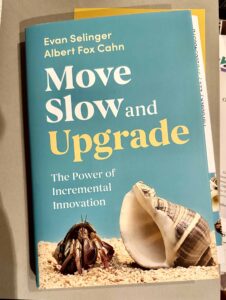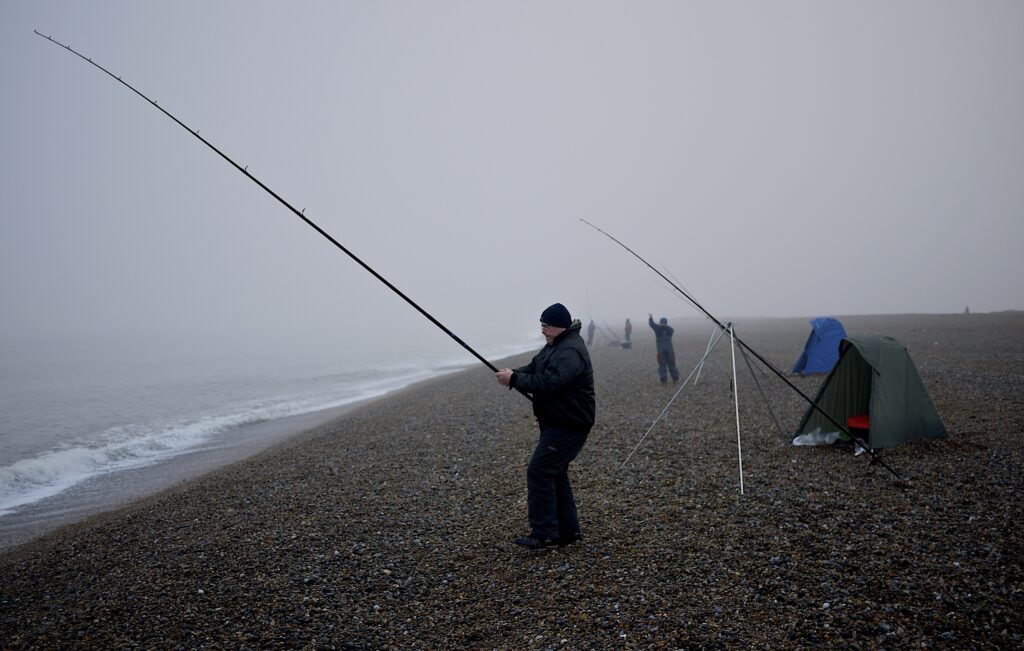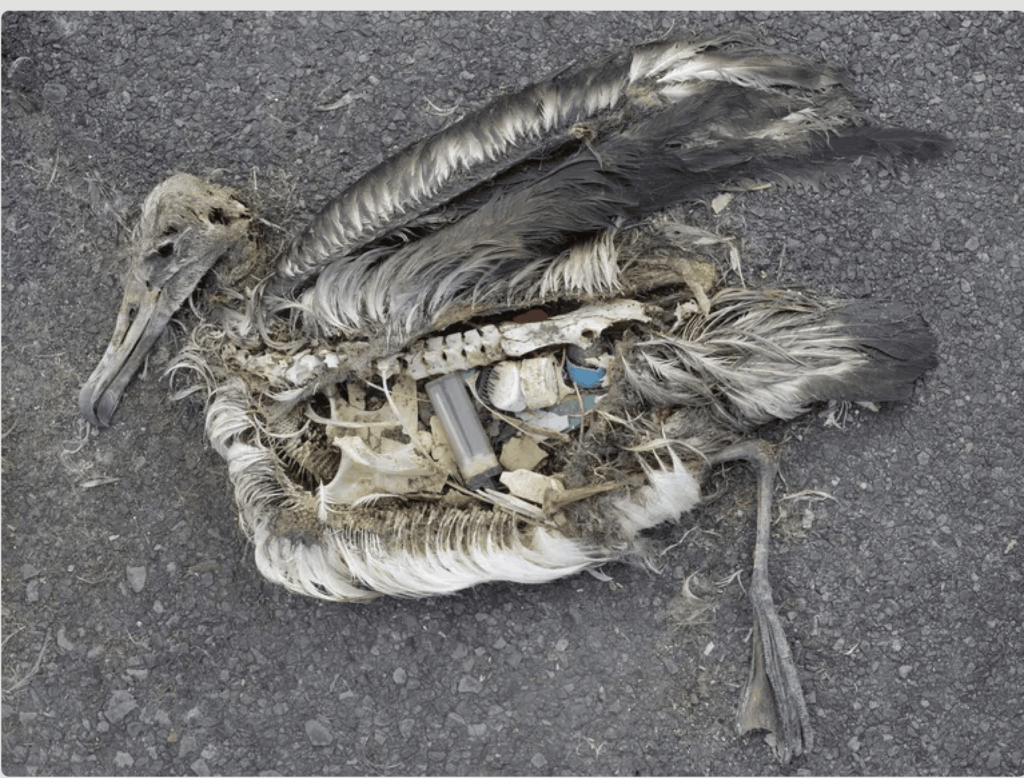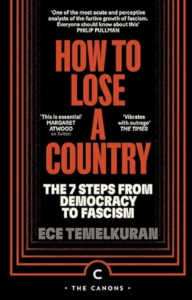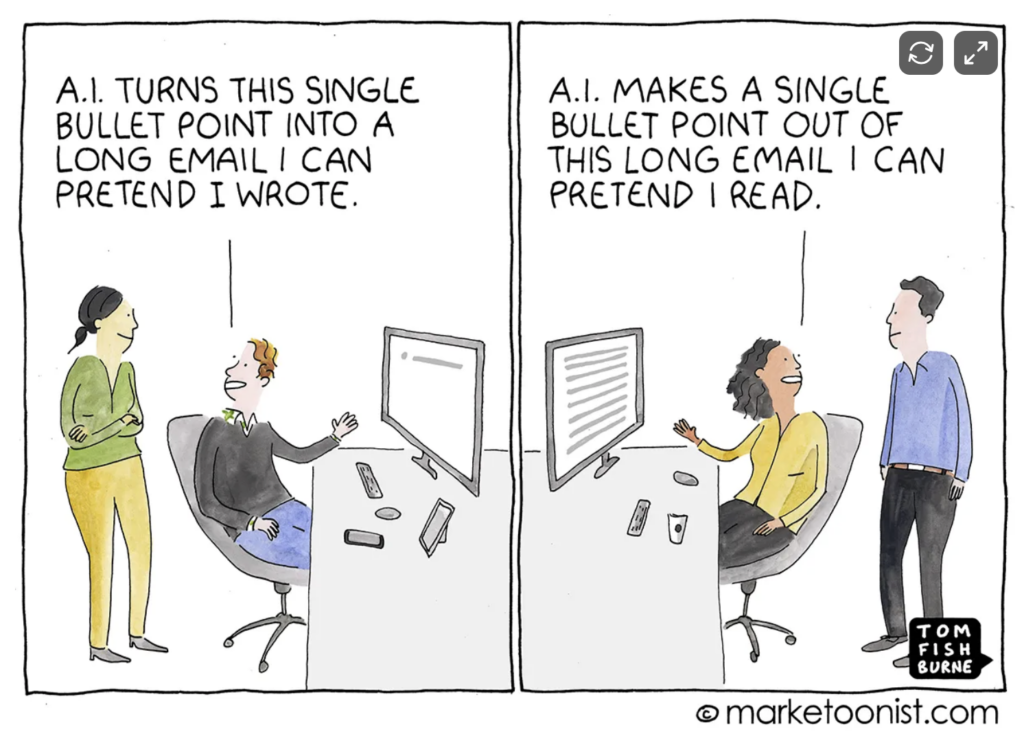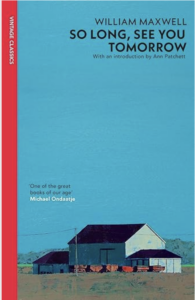S&M Footwear?

Quote of the Day
”Only Donald Trump could make us miss hypocrisy. “
- Jeremy Shapiro, former US official now research director of the European Council on Foreign Relations.
Musical alternative to the morning’s radio news
Elvis Costello | I Felt The Chill Before The Winter Came
Long Read of the Day
Can UK Health Trust US Tech?
Rory Cellan-Jones, the former BBC Technology correspondent and now a gifted podcaster and campaigner for healthcare for Parkinson’s (from which he suffers), was spurred to write this blog post after reading Quentin’s “Living without America” essay the other day.
It would not take more than a few hours for us to realise how totally dependent we are – at home and at work – on American technology. Tens of thousands of my photos and videos would be trapped in the iCloud, my email account, provided by Google, would become inaccessible, even this Substack would sputter to a halt – Google’s AI Overview (something else I wouldn’t be able to access) tells me most of Substack’s servers are located in the United States.
This set me thinking about the digital revolution finally happening in UK healthcare and how reliant on American technology it is. Just a few years ago, a rift with the US would not have been a big problem – so glacial was the pace of change that most medical records were still on paper.
But now the big hospitals are moving to electronic patient records and the supplier of choice for many is Epic, a huge, quite quirky American company whose EPR systems receive lots of praise but not for their openness. Sign up to Epic and it wants everything in your hospital to work on its software, not someone else’s…
He’s right about the improvements we’re seeing in the NHS because of electronic patient records (I can personally testify to that), but there is a downside that we’re just beginning to appreciate. My forthcoming Observer column contains more on that subject.
Books, etc.
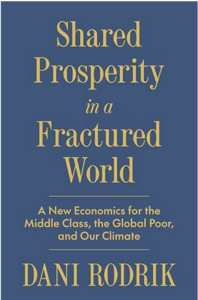
I went to a great talk last night by the Harvard economist Dani Rodrik about his latest book, which addresses the three great challenges that face us:
- Climate change;
- Creating meaningful jobs that will ensure the continuation of the stable middle class that’s essential if liberal democracies are to endure;
- Reducing global poverty.
Despite the grim times we’re currently living through, he said that it was basically an optimistic book because he saw lots of good things happening across the world which lie below the radar of politics-obsessed mainstream media. His goal, he said, was to try and persuade us that his optimism was not deluded.
To judge from the Q&A with a sizeable cohort of Cambridge academia, I’d say he had 85% success. But for me the really useful and memorable takeaway was his powerful argument that relying on manufacturing for a renewal of a sustainable middle class is now a pipe-dream. It is possible, he argued, to create new, meaningful jobs for people, but they won’t be in manufacturing. Even China, the manufacturing centre of the world, is discovering this unpalatable truth.
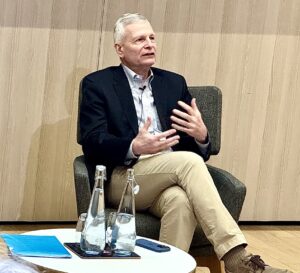
Rodrik, fielding audience questions
I loved his talk and have ordered the book. As he was talking I kept thinking of Gramsci’s famous mantra — that what we need is “pessimism of the intellect and optimism of the will”. I’ve been trying to replace “pessimism” with “realism” (because pessimism is so disabling) and it occurred to me that his book might fit that bill nicely.
This Blog is also available as an email three days a week. If you think that might suit you better, why not subscribe? One email on Mondays, Wednesdays and Fridays delivered to your inbox at 5am UK time. It’s free, and you can always unsubscribe if you conclude your inbox is full enough already!


